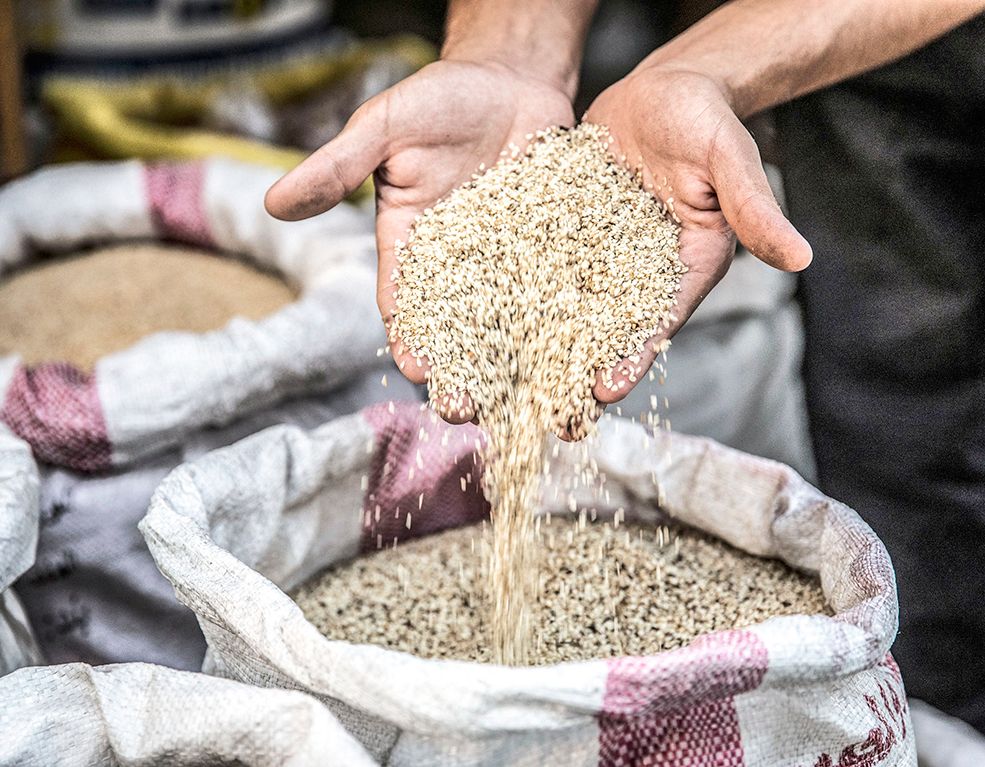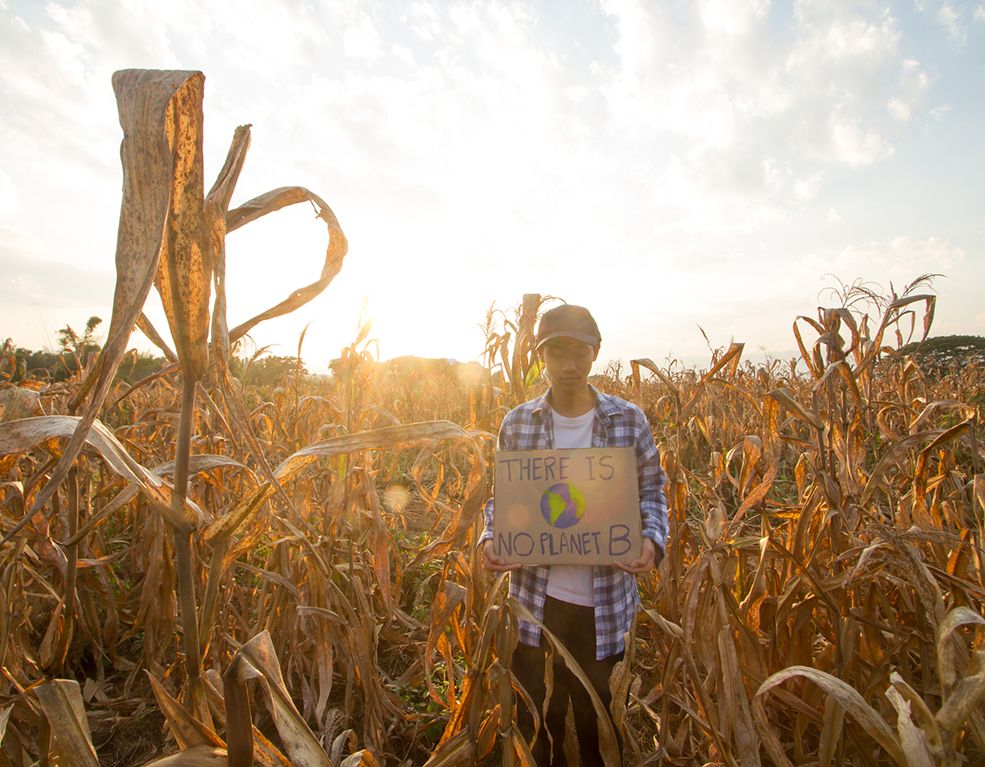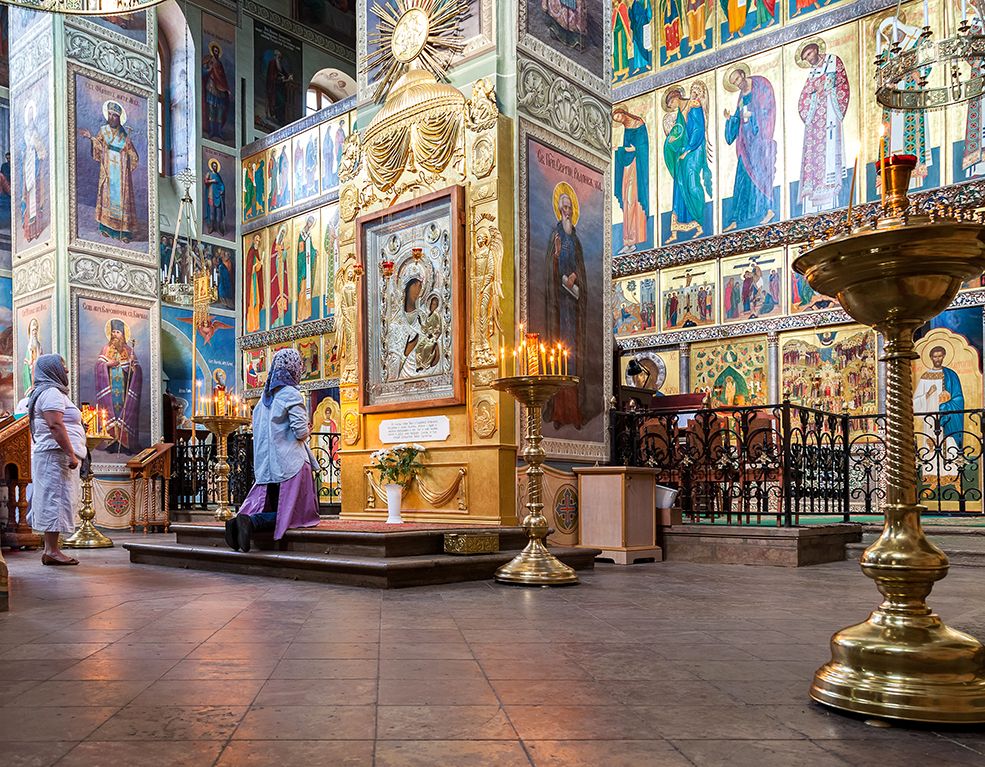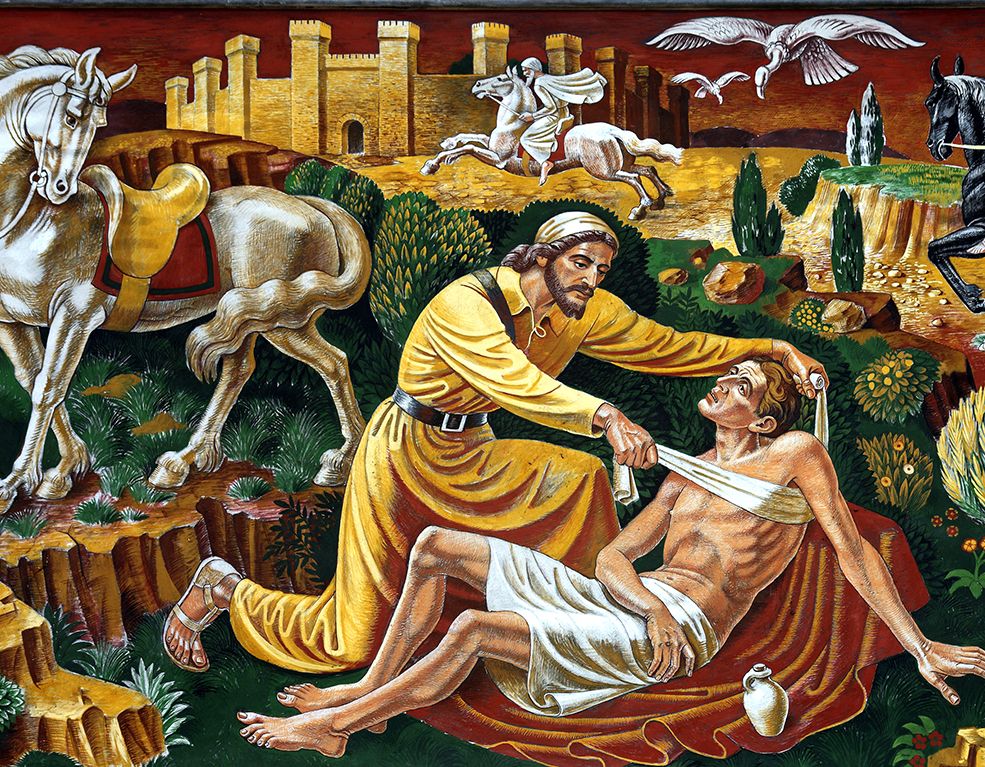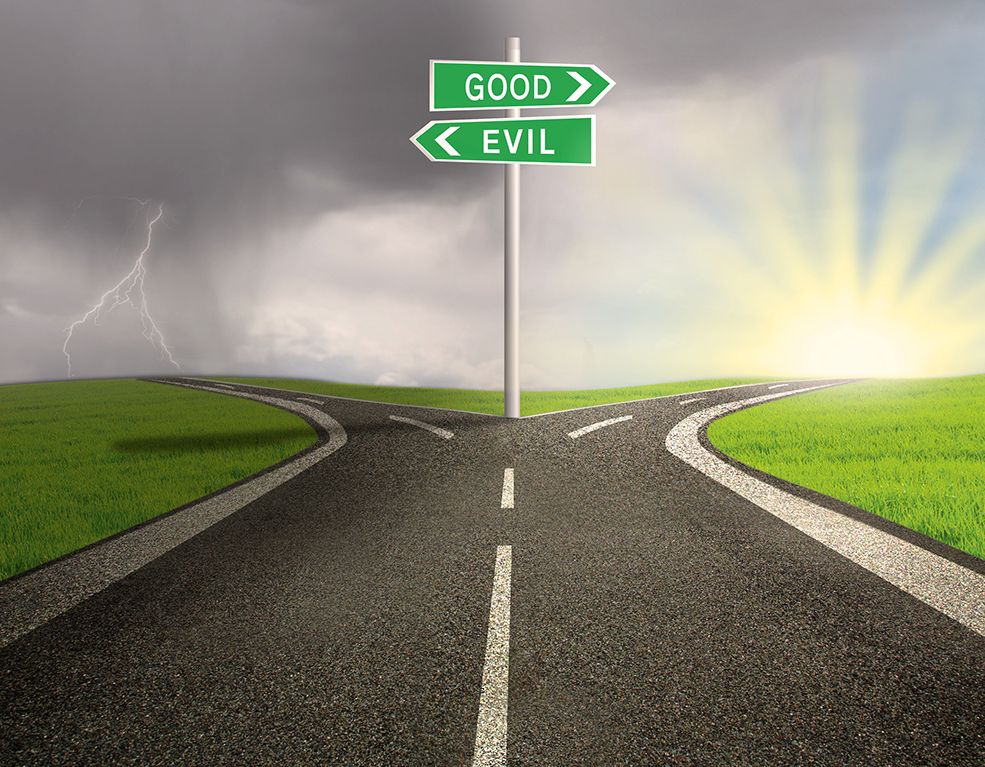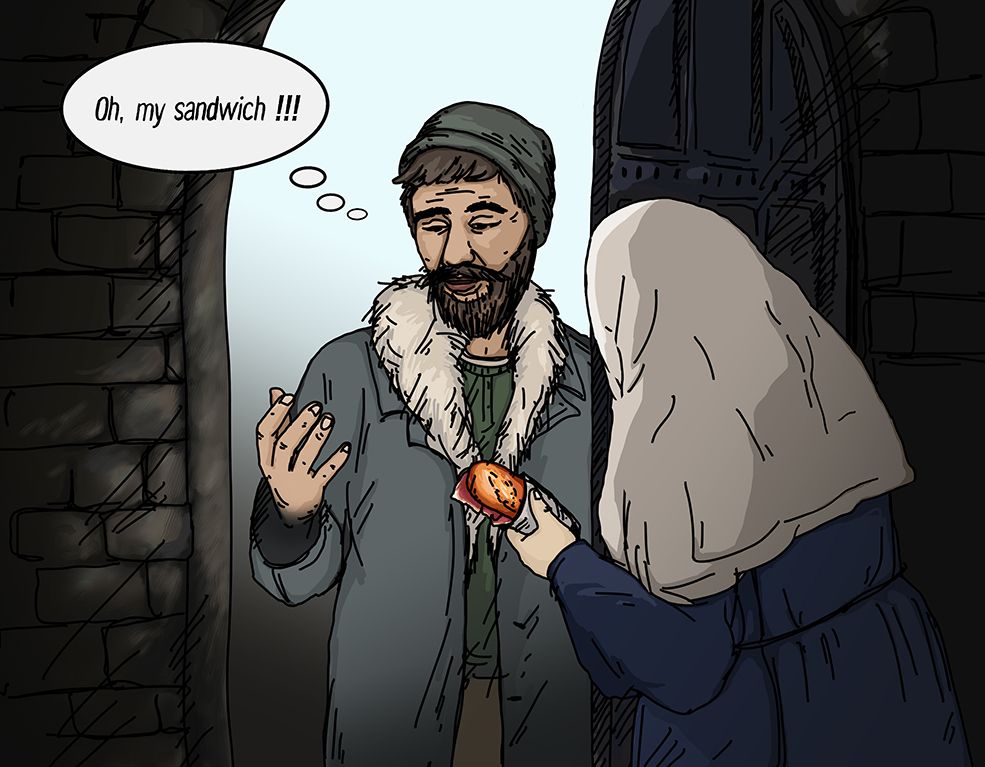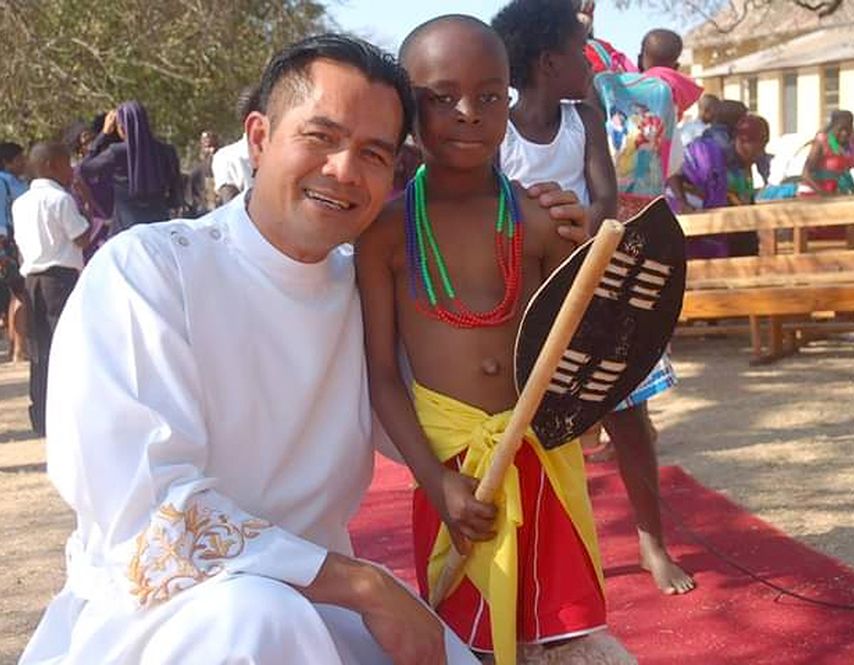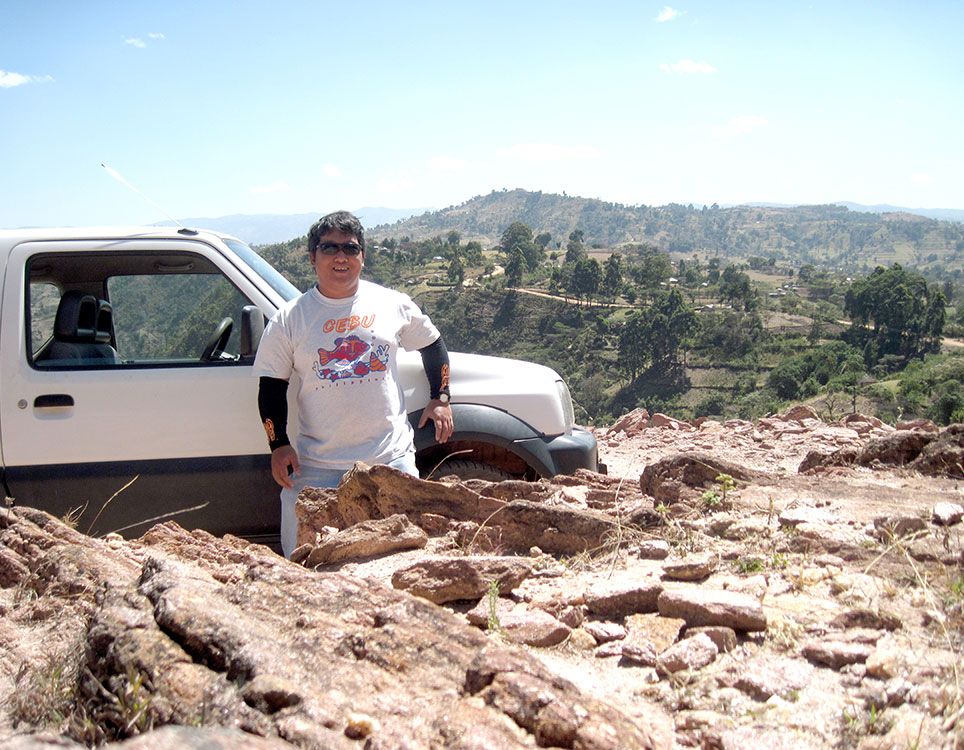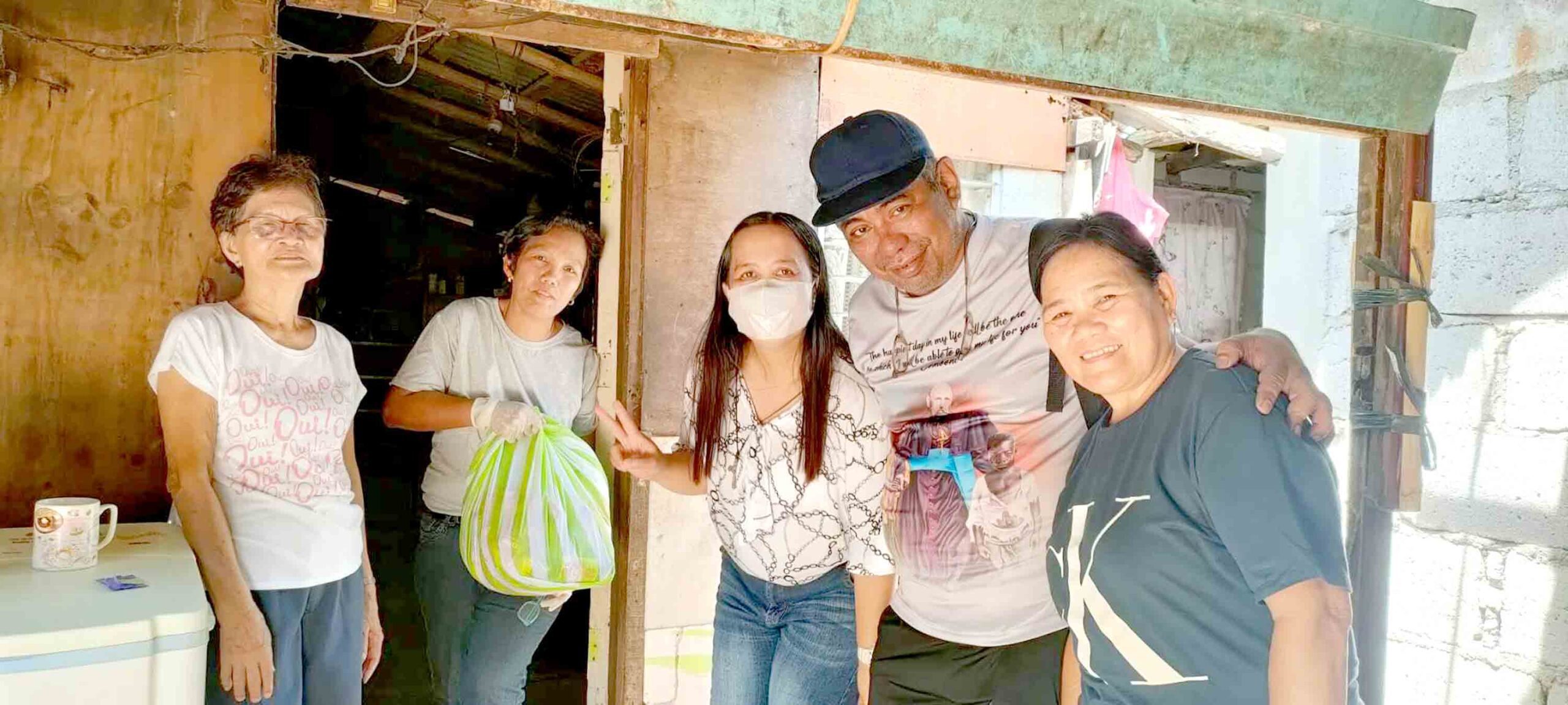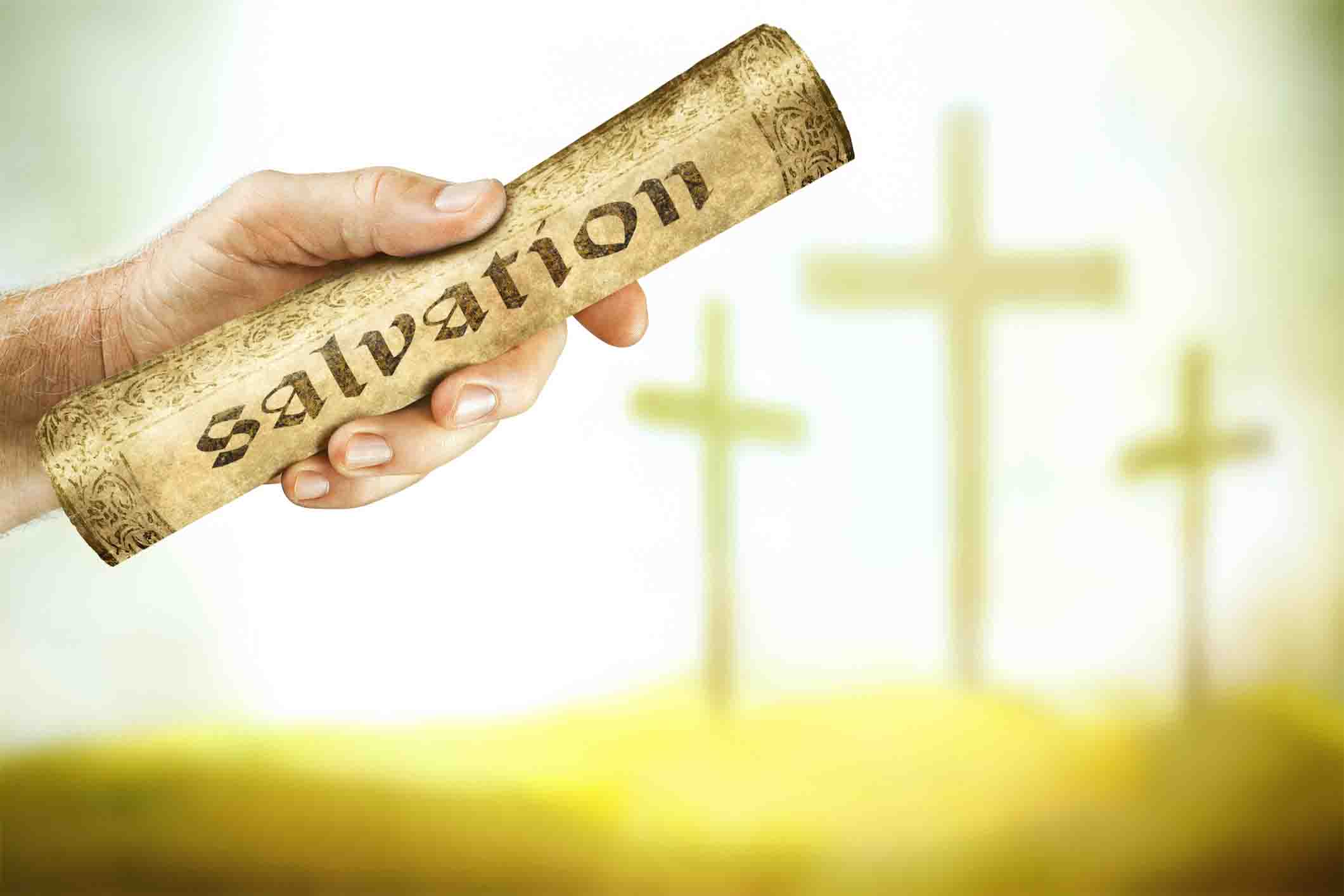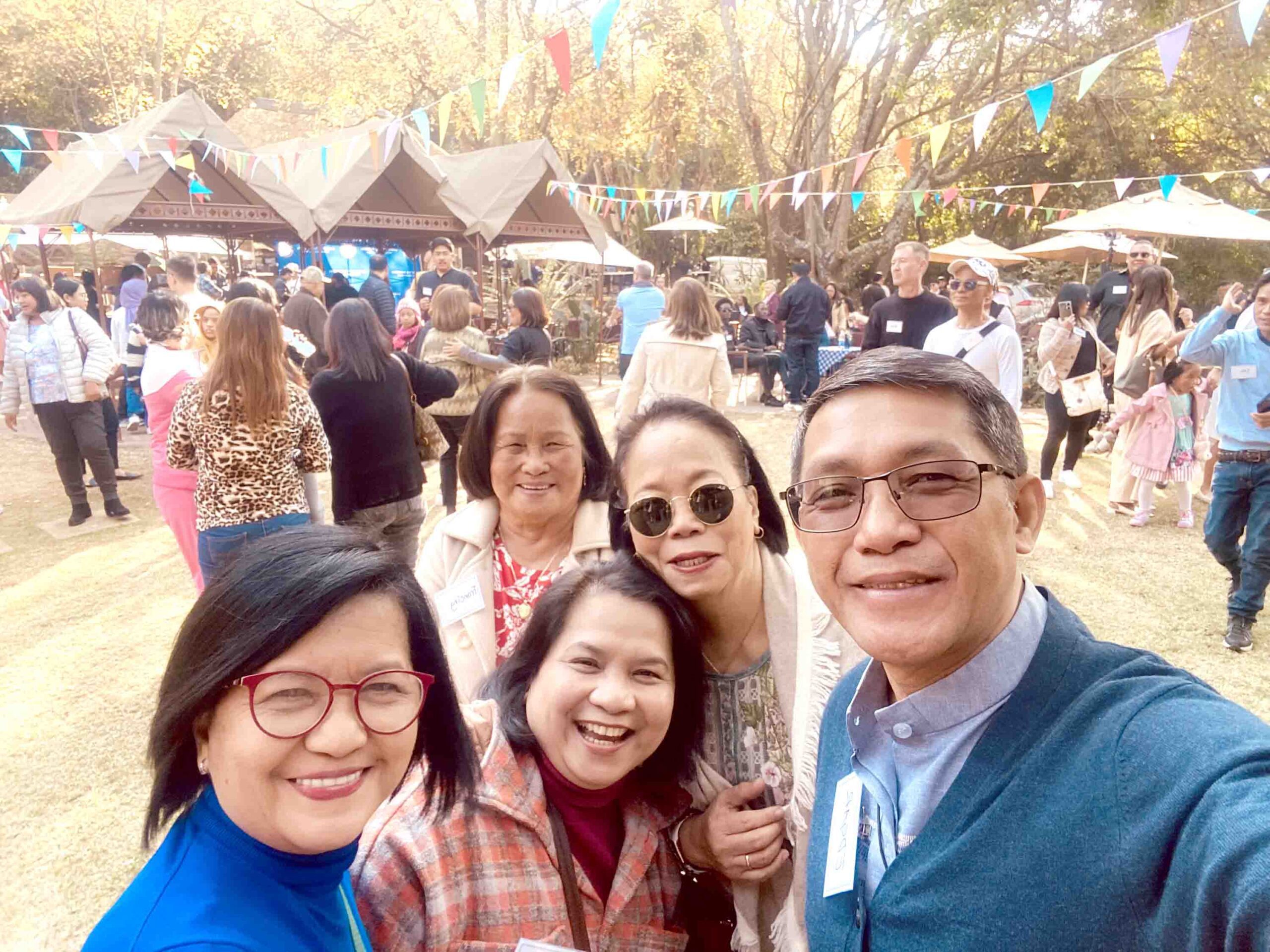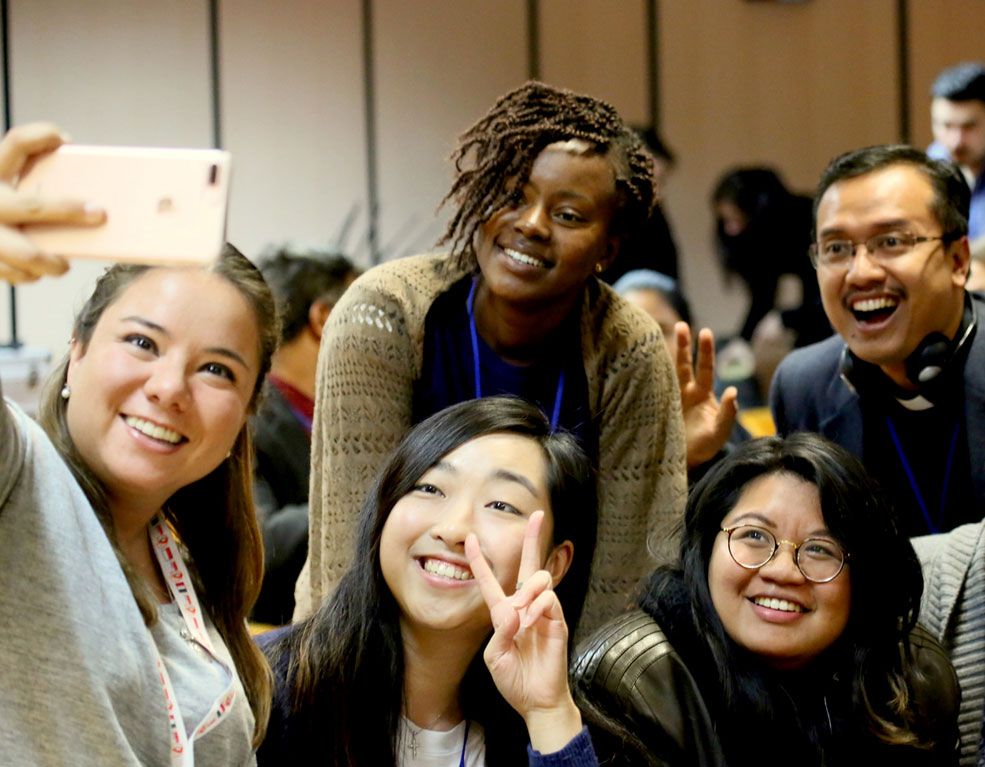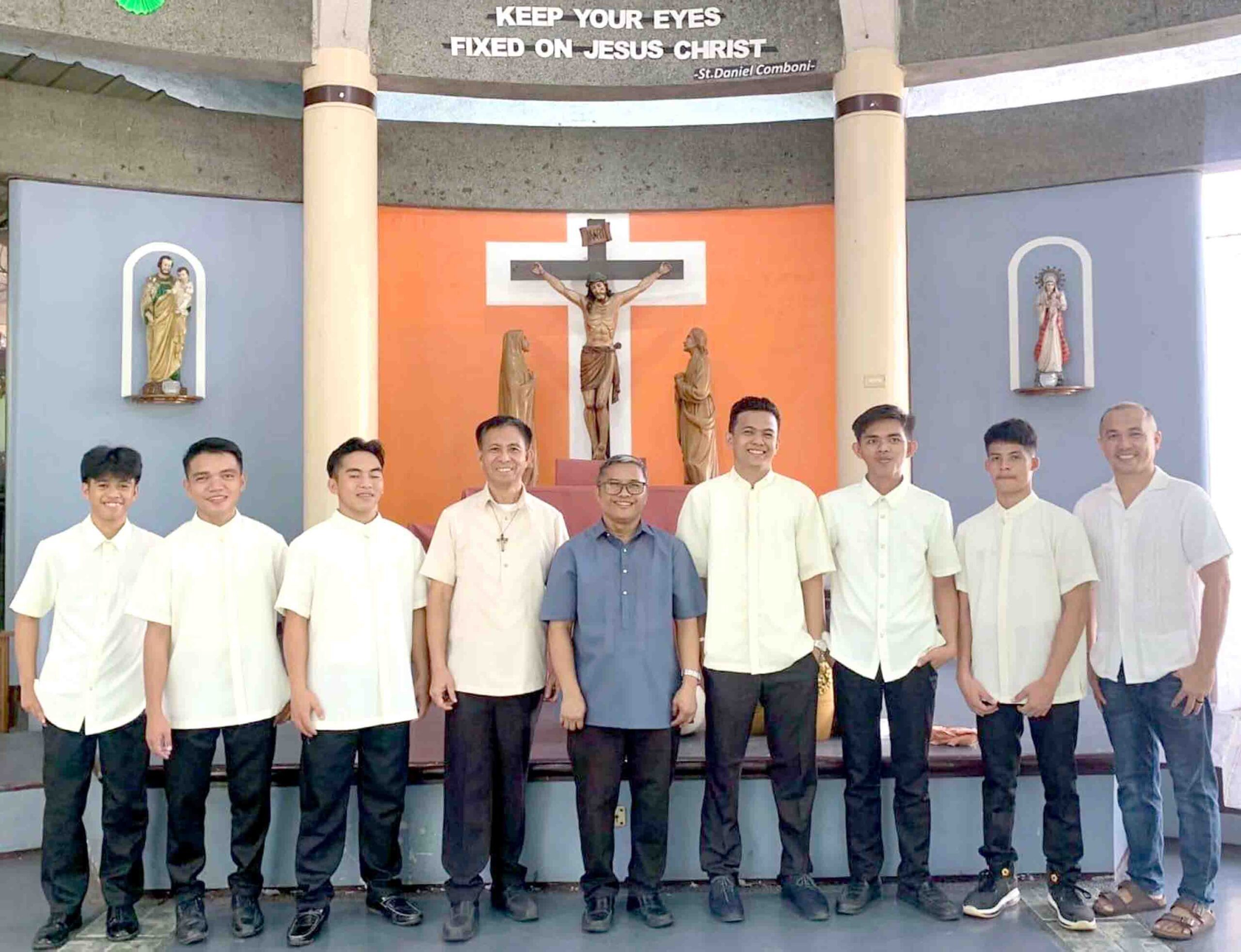These days I have been watching The Name of the Rose. This film, so full of history and provocation, brings up some of the biggest challenges of vocational discernment. On the one hand, it shows the confrontation between the dream/desire of what one wants to be and the temptation of all the other things that have to be left behind when making choices (whatever they may be). On the other hand, it highlights the importance of accompaniment when one is trying to discern a vocation, making clear the role of the one who accompanies.
He is not a judge, but a companion on the journey, able to go to the depths of the person who is trying to discern his or her vocation and help dispel the clouds caused by the enticement of other paths (paths that are not consonant with the authentic and happy life one intends to live).
If the aspect of the choices we have to make is important, the question of accompaniment is no less pressing. In the case of the film, the young man who believes that his vocation is to be a friar (he believes that this is the path that gives him authenticity of life and of being), is accompanied by a friar, that is, by someone who has already been down the same path that he is taking (with the same doubts, restlessness and uncertainties).
Throughout the film, and despite the parallel stories that develop, we realize that there is a relationship of trust on both sides-everything can be said, and the errors/infidelities to the dream one wishes to live are not blockers, but integral parts of the journey.
I say this because we often get the idea that if we take a bad step (a step that goes against who we truly are), then we have compromised the whole future, and therefore the present forces us to choose another path immediately! Of course, this happens when accompaniment in vocational discernment is not being done and we think we can do everything on our own.
Fear Of Being Wrong
One of the aspects that most conditions the finding of a vocational companion is, without a doubt, fear: the fear of being wrong in the vocation that we think inhabits us; the fear of being wrong in the person we have chosen; the fear of not being able to realize ourselves (and therefore not even worth trying); etc.
Without realizing it, we weave a web of fears around us and within us that the simple verbalization of what we most desire for ourselves seems to bring problems: what will others think? What will they say? Surely they won’t agree and they’ll bite my head off about it! It follows that, little by little, we stop being aware of the fears we have (created) to avoid taking a step forward on the vocational path, and we start having the illusion that others are the obstacle that prevents us from fulfilling ourselves.
In this way, what should be a path of “going out to meet others” becomes a path of rupture and distrust. “New barriers of self-defense are created, in such a way that the world ceases to exist, only ‘my’ world exists; and many are no longer considered human beings with an inalienable dignity but only ‘the others.’ The temptation to build walls in the heart to prevent this encounter with other people reappears. And those who build a wall will end up as slaves within the walls they have built, without horizons. Because he lacks the others” (Fratelli Tutti, n. 7).
No one is happy alone, nor is individualism and/or isolation the path to authenticity of life for anyone. We know that our choices will not please everyone, but that will be so, whatever our choices may be. However, we also know that those who truly love us, even if they disagree with us and/or even get angry, will never stop sticking around, and as soon as they see that we are indeed happy in the realization of what we dream of, all discontent will be behind us, as we have achieved what those who love us most desire: the happiness of an authentic life (even if it brings some headaches, like all forms of life).
This does not mean that it will be easy to follow the path of vocational discernment when those close to us are dissatisfied, or when there are so many difficult circumstances that seem to get worse because of it. However, these are aspects that we cannot think about in isolation. On the contrary, we are not alone in facing this reality-others who have already traveled the path we are on [the one(s) who accompany us], will always be ready to point out to us ways to overcome and/or get around the obstacles.
Those who accompany us will not make the path for us, but they will help us to see further, to find other possibilities to solve what seems impossible to solve, and, most of all, they will be there to give us the strength to continue on our way when everything seems to want to bring us down.
Go Beyond Fear
So, we should look at the other as an ally, as one who helps find solutions and not as one who creates problems. Pope Francis invites us to “overcome these primary reactions, because the problem arises when doubts and fear so condition our way of thinking and acting that they make us intolerant and closed. And so fear deprives us of the desire and the ability to encounter the other” (Fratelli Tutti, n. 41).
To go beyond fear is to dare to break free from the chains that prevent us from moving forward and to fight for what we believe in, for what we are, and for what we most desire to be.
Getting stuck in an eternal “one day I’ll do this” or “I wish I could, but…” will never answer our desire for a full and authentic life. On the contrary, it will only keep us in the illusion that “tomorrow will come bright, easy and happy.” Well, if we think like that, tomorrow will always be tomorrow, it will never be today. We will always be living “a postponed life,” more and more isolated because we will be blowing in the wind: sometimes according to the opinions of some, sometimes according to the opinions of others.
Living one’s vocation and the discernment proper to the vocational journey is not about breaking relationships, it is about broadening relationships! No one is asking us to cut our relationships with other people (friends, family, etc.), but doing serious discernment will always involve relating to more people–to those people who have already gone through what we have, and who are living the dream that we think we have for ourselves.
Look At Today
In this way, it will not make sense to keep looking into the emptiness of the future. Rather, it is time to look at today and take concrete steps: overcome fear and go towards the other. In this case, we will live in fullness, not tomorrow, but in the here and now of our existence. That is why “let’s hope that there are no more ‘the others’, but only one ‘we’. Hopefully, we will have made a leap to a new way of living, and we will finally discover that we need and owe each other, so that humanity may be reborn with every face, every hand, and every voice, free from the borders we have created” (Fratelli Tutti, n. 35).





